Featured
Owambe Chronicles: Unveiling The Essence Of Nigeria’s Extravagant Celebrations
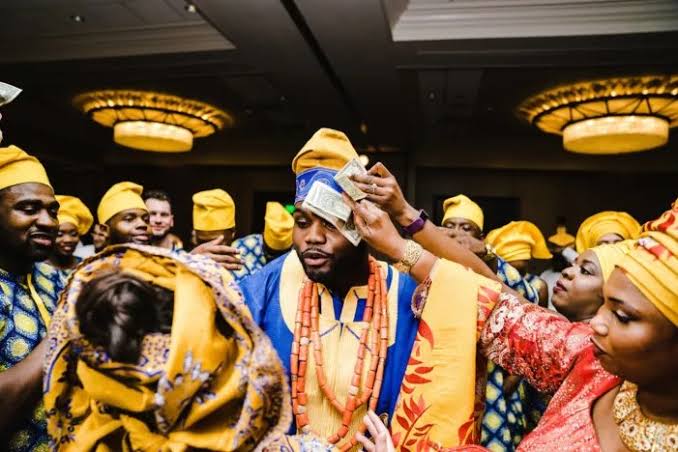
In the vibrant tapestry of Nigerian culture, the term “Owambe” resounds as a clarion call to festivities and flamboyance. Originating from the Yoruba language, where it simply translates to “it is there,” Owambe has transcended its literal meaning, now embodying a must-attend party characterized by opulence and social allure.
Nigerians, when mentioning Owambe, aren’t just uttering casual words; they are evoking images of turn-up extravaganzas that no socialite would dare miss. A spectacle where individuals showcase their affluence, flaunting gold necklaces, designer shoes, and luxurious cars.
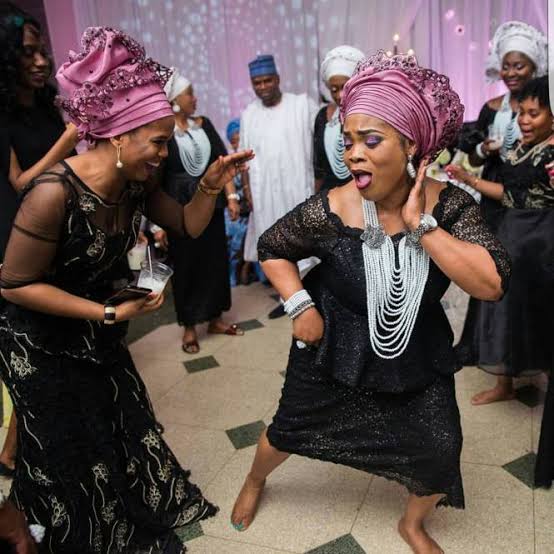
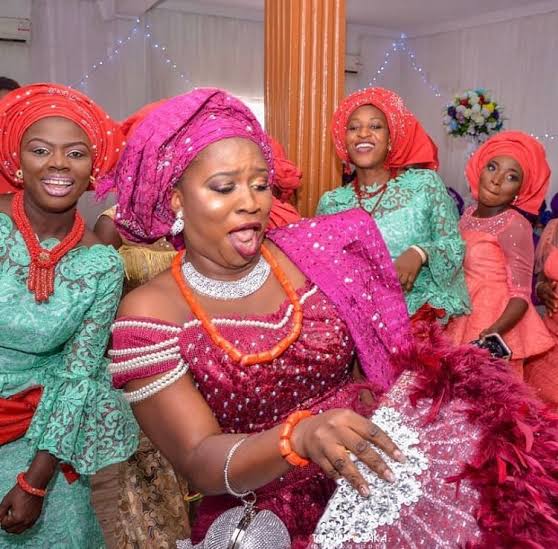
Owambe has evolved into a platform for the wealthy to assert their status, engaging in a subtle competition of “I pass my neighbour.” It’s a stage where young individuals manoeuvre to charm potential companions with the popular saying, “tooba gbomo wa ole gbomo lo” (if you do not come with a lady, you can leave with one).
Picture this: the Owambe scene unfolds with the ‘aso ebi’ fashionistas, jokingly referred to as the “school uniform” by some. These vibrant ensembles, coupled with extravagant makeup, set the stage for a dazzling display of style. The event becomes a haven for the “parte after parte” enthusiasts — a group seemingly born to revel. Attention seekers grace the occasion, sauntering in fashionably late to command everyone’s gaze, while passers-by relish the prospect of free food.
Diving deeper into Owambe, one encounters uncles and aunties appearing out of the woodwork, claiming familial connections that require a genealogical detective to decipher. The exchanges go something like:
Aunt: “Don’t you know me? I am the sister to your grandfather’s cousin.”
Me: “Yes, Ma.” (eyes rolling)
Transitioning to the middle-class Owambe, where the festivities unfold on neighbourhood streets, a DJ takes centre stage, belting out tunes that reverberate through the vicinity.
The DJ’s setup includes wires extending haphazardly to a growling generator, a cautionary signal to navigate carefully. The scene transforms with arranged chairs, canopies, and lively decorations, setting the tone for the revelry.
As guests arrive, they are treated to a banquet of food and soft drinks, with alcoholic beverages for the adults. The DJ, initially spinning gospel tunes, adapts the playlist to the celebratory mood.
Amidst the cacophony, certain characters stand out: the perpetual wanderers, the asoebi ladies, the attention-seeking mothers, the heel-to-slipper changers, selfie enthusiasts, and those who grace the high table as if ordained.
A unique hallmark of such gatherings is the revered individuals who generously share their food, commanding a level of respect that even the chairman may envy. Despite the jovial atmosphere, it’s not uncommon for Owambe to conclude with unexpected scuffles, usually involving uninvited attendees.
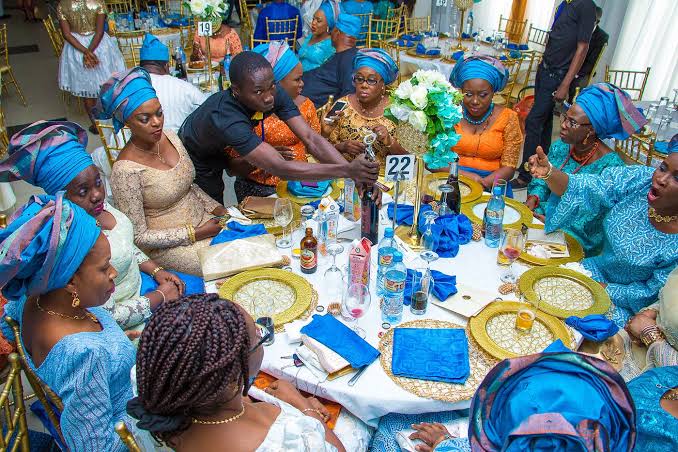
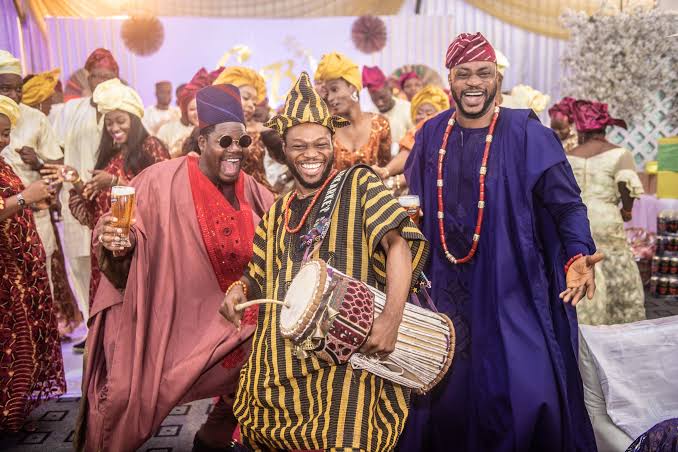
In the grand tapestry of Nigerian celebrations, Owambe extends its influence across various occasions, from naming ceremonies and graduations to birthdays, housewarmings, welcome parties, weddings, get-togethers, and, remarkably, even burials.
Owambe remains a name that resonates, sparking excitement and anticipation across the Nigerian social landscape. As the beats of the DJ fade, the echoes of Owambe linger, etching memories of joyous celebrations in the hearts of those who partake.
Click to watch our video of the week
Advertise or Publish a Story on EkoHot Blog:
Kindly contact us at [email protected]. Breaking stories should be sent to the above email and substantiated with pictorial evidence.
Citizen journalists will receive a token as data incentive.
Call or Whatsapp: 0803 561 7233, 0703 414 5611






